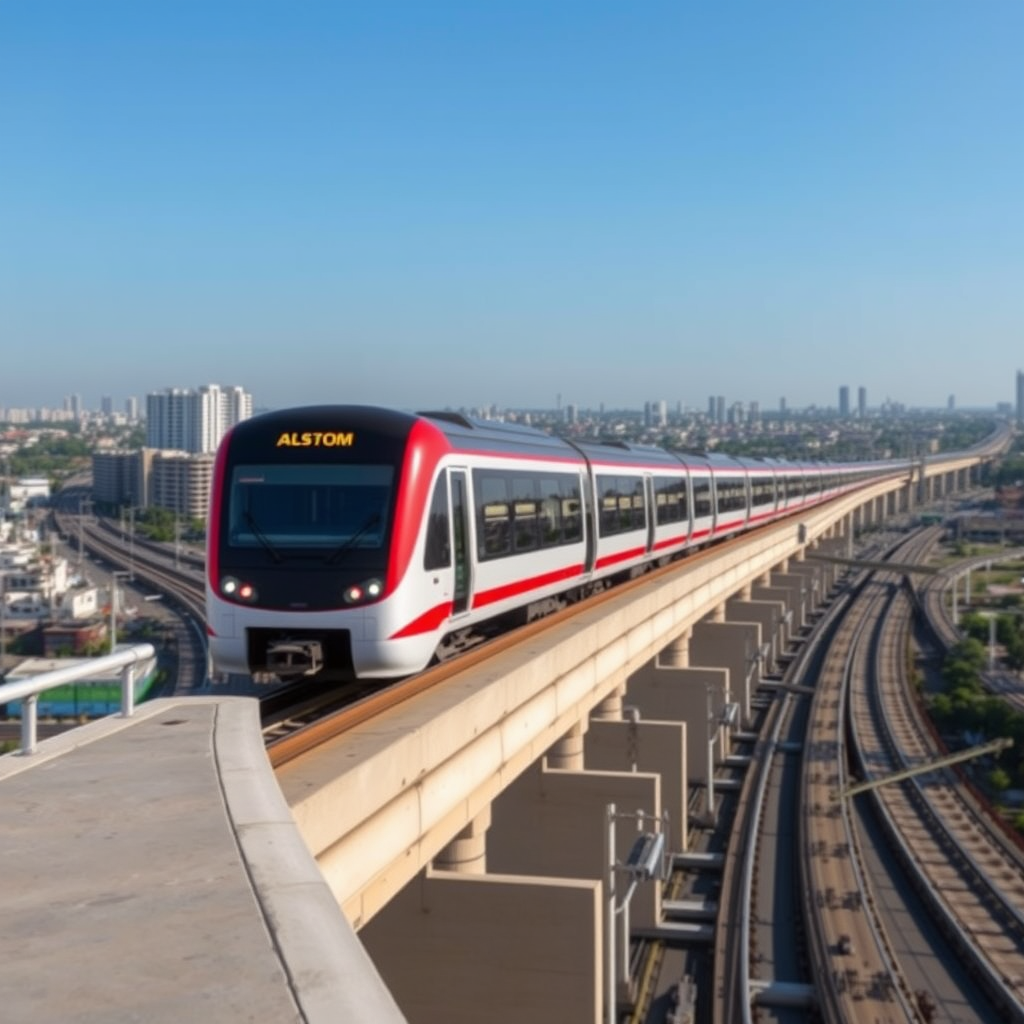Freight Traffic between Russia and China Increased by 16% in the 1st Half of 2017
The freight traffic volume between Russia and China in 2016 increased by 19%, and the growth in the first six months amounted to 16% over last year (35.2 million tons transported), announced Alexander Misharin, First Vice President of Russian Railways JSC, during the ‘Russia-China’ business dialogue held within the framework of the Eastern Economic Forum in Vladivostok.

The freight traffic volume between Russia and China in 2016 increased by 19%, and the growth in the first six months amounted to 16% over last year (35.2 million tons transported), announced Alexander Misharin, First Vice President of Russian Railways JSC, during the ‘Russia-China’ business dialogue held within the framework of the Eastern Economic Forum in Vladivostok.
Alexander Misharin noted that Russian Railways and the Chinese railways have been taking steps to introduce simpler procedures for issuing shipping documents, to support electronic data exchange and to establish new logistics chains.
“Today, the results can be seen in the development of the Far Eastern ports thanks to the growing coal and TEUs handling but the implementation of such projects as Primorie-1 and Primorye-2 is no less impressive outcome. For example, as for Grodekovo-Suifenhe (Primorye-1), we’ve started with 3 pairs of trains, now we have reached 14 pairs per day, and the container flow this year (for the first six months) increased by 20 times year-on-year,” said Alexander Misharin.
To be recalled, on June 21 in Beijing, Russian Railways and Chinese Railways signed an agreement on electronic data exchange for the carriage of goods by international rail transport.
The main purpose of the agreement is to ensure the real-time data transfer of shipping and forwarding documents. Electronic exchange does not annul the existing document management system established by the agreement on international rail freight traffic. In the future, the transition to the electronic document management system will simplify control procedures at border crossing points and shorten the customs clearance procedures, thereby increasing the speed of trains.
In addition, on April 24, the railways of Russia, China, Belarus, Germany, Kazakhstan, Poland and Mongolia signed a septilateral agreement on profound cooperation to introduce container trains in the China-Europe communication. The cooperation will further increase the share of rail in the freight transport market, building stronger trade links, and better coordinating plans for infrastructure development. It is planned to jointly increase the volume of traffic, to stimulate stronger activities in creating logistics infrastructure facilities, to improve the organization of transportation, and to introduce the state-of-the-art technologies drastically reducing travel time.


